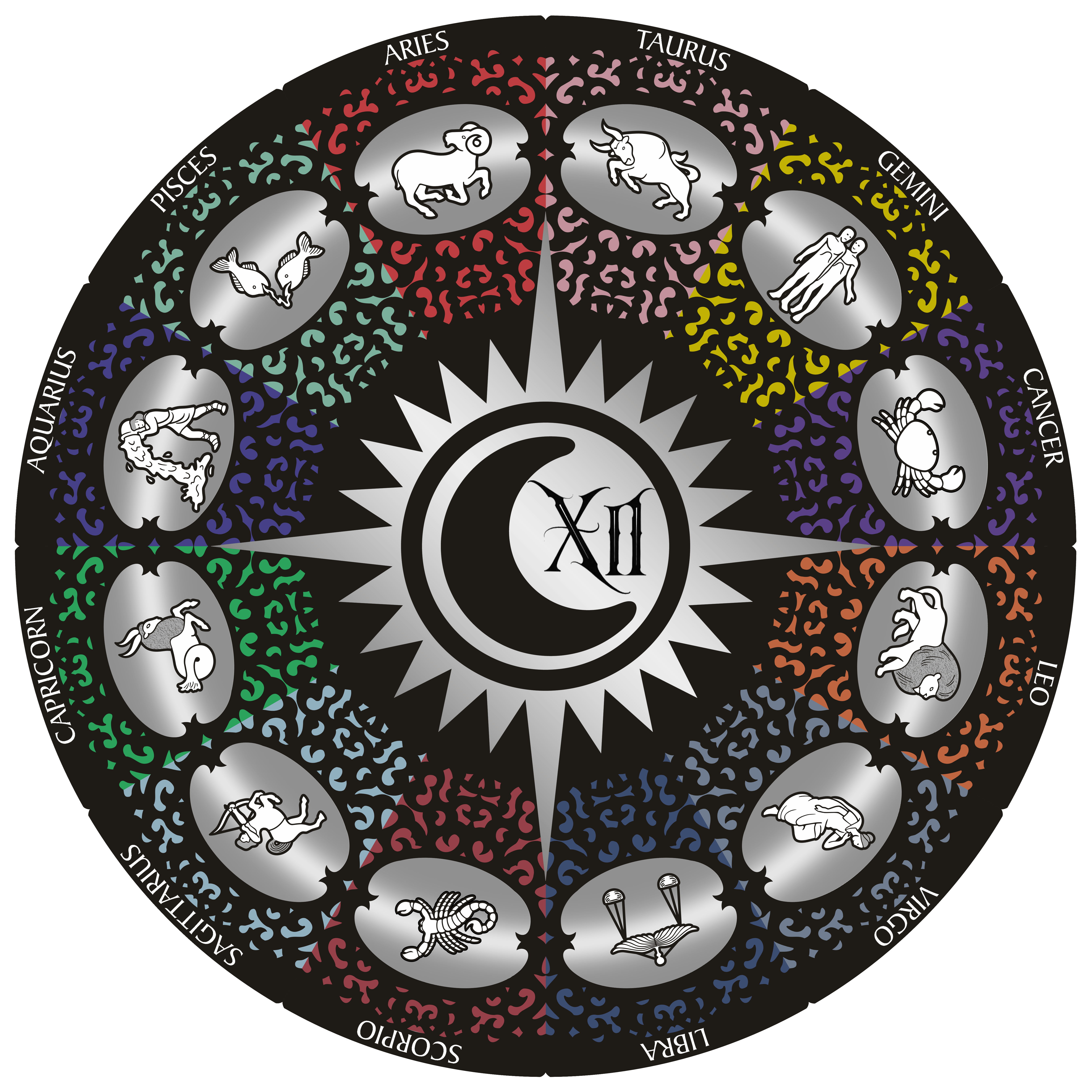NBC Universal readies for the impending Comcast takeover and CNN replaces its programming chief with the man who reinvented HLN by hiring the likes of Nancy Grace and Jane Velez-Mitchell. I personally like Jane V-M; she used to anchor for years on KCAL-TV 9 in Los Angeles and she was one of their best telejournalists. She’s dealing with many “Issues” now these days. In the spirit of good competition, I hope CNN’s new man in charge could make the venerable news outlet more competitive against Fox News Channel, which has dominated the scene for years with its in-your-face style of content and delivery. Somewhere Teddy Turner is watching this one close.
I called on NBC to create better programming in an earlier post. Mr. Zucker has been bottom-barrel diving for many years now with NBC primetime, placing crappy reality shows and even Jay Leno in to plug wholes left by its once-popular scripted content. Television, much like radio, is all about niche programming. CNN’s own Larry King predicted this would happen: in an archived ’87 interview with journalist Dennis Daily, the CNN talker surmised that TV is turning into radio, niche programming only, especially on cable.
This has become true of not only radio and TV, but of the Internet as well, as this article attests:
What do NBC’s Jeff Zucker and CNN’s Jon Klein’s firings have in common?
Patrick Goldstein – Los Angeles Times
It was certainly no surprise to read this morning that Jeff Zucker’s new Comcast bosses gave him the ax, since the NBC Universal chief executive had presided over a series of high-profile debacles, notably the hiring of Ben Silverman to run NBC, the network’s precipitous drop into last place, the whole Conan O’Brien-Jay Leno late-night disaster and the long run of executive turmoil and box-office flops at Universal Pictures.
Nor is it any surprise to learn that CNN U.S. President Jon Klein is out today as well, after failing to figure out how to stop the cable news channel’s continuing ratings slide. But what do the two events have in common? It’s yet another example of how quickly the public has lost its loyalty to what were once dominant mainstream showbiz brands. The most startling statistic I saw in the stories about Zucker wasn’t that NBC Universal generated roughly $2.3 billion in profits last year; it was how little NBC figured into the revenue picture: 80% of those profits came from the company’s cable division.
While the media has focused on Zucker’s high-profile failures, he has had success, but it came almost exclusively in the cable arena, where NBC made huge profits from such channels as USA, Bravo, Syfy and Oxygen, along with strong showings from its CNBC financial business channel and MSNBC, which has recently logged record profits. In today’s showbiz America, the old brands are slowly dying while the real action is in niche-oriented cable channels, which are killing the cobwebby old network news shows and, for the most part, creating far more buzz and excitement with their entertainment shows than network TV.
In fact, what has hurt CNN the most under Klein’s tenure has been its public perception as the most mainstream cable news, the channel that planted itself right in the middle of the road, as if it were a network news outlet. In news today, viewers don’t value objectivity–they’re in the thrall of colorful opinionators like Glenn Beck and Keith Olbermann. So it is the channels that have staked out clear-cut niches, Fox News on the right and MSNBC on the left, that have flourished by unabashedly playing to their specific political followings. It’s no surprise to see that Klein is being replaced by Ken Jautz, head of CNN’s tabloid-oriented sister channel HLN (formerly Headline News), which has enjoyed ratings success by playing to its own specific niche, with rabidly opinionated hosts (like Nancy Grace and Joy Behar) and heavy crime and celebrity coverage.
There’s no guarantee that Zucker or Klein’s successors will have any instant success turning their troubled companies around. But at least they will be steering their businesses in a more potentially viable direction. Under GE’s ownership, NBC too often echoed the GE mass appeal approach to wooing consumers. But now that it’s owned by Comcast, which has been a powerhouse in the cable business, expect to see NBC establishing itself in even more niche-oriented businesses. In showbiz, if you’re in the middle of the road, it simply means you might get run over from either side of the information highway. The future of the entertainment business, whether it’s in television or on the Web, is all about grabbing your loyal core audience and holding on to it for dear life.

